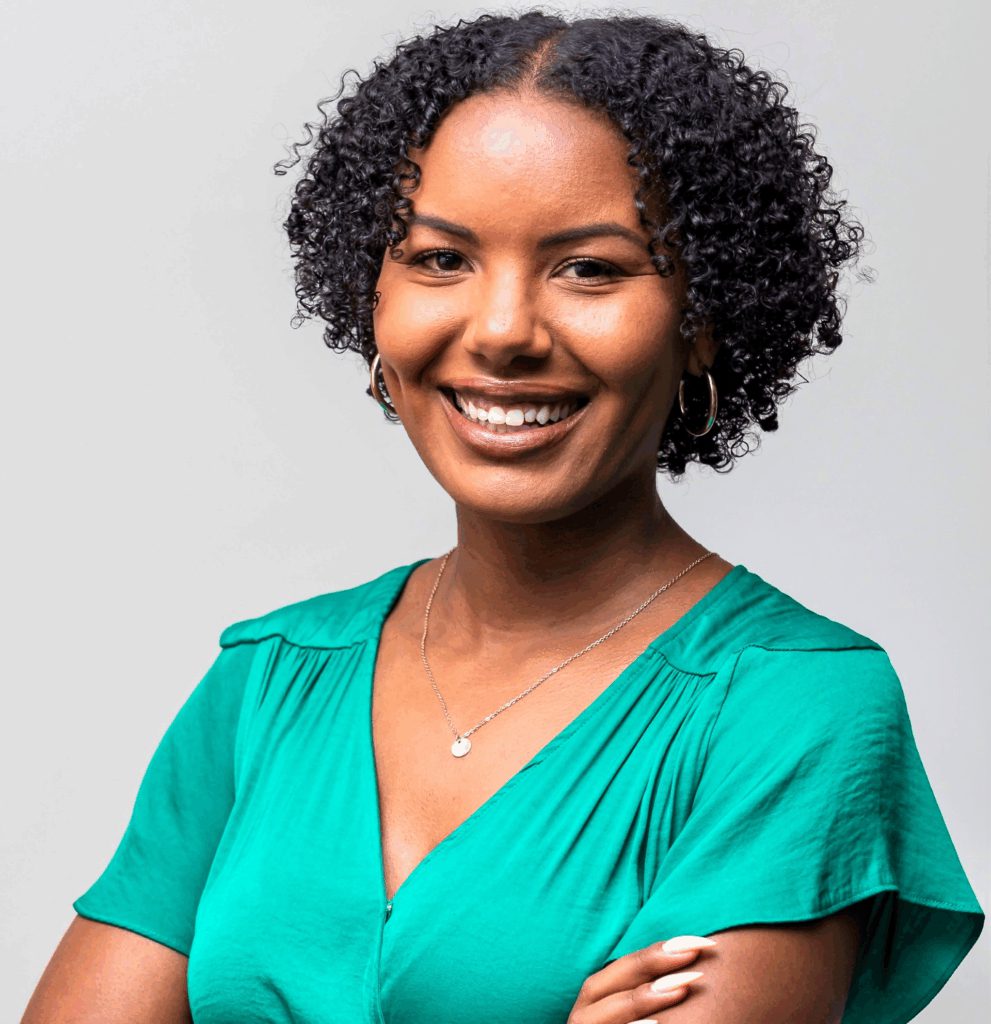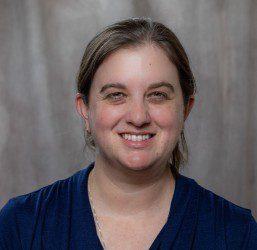
Join us for this Virtual Learning Event (VLE) designed to equip HealthySteps sites with the tools, insights, and inspiration to successfully launch and sustain research and evaluation efforts.
Our session is built around three core goals:
- Actionable Guidance – Learn practical steps sites can take to begin HealthySteps research and evaluation.
- Funding Pathways – Explore a range of funding sources that can help support your research journey.
- Real-World Insights – Hear directly from HealthySteps site representatives who have successfully secured funding and advanced their research initiatives.
This event is your chance to gain clear direction, connect with peers, and access the expertise of the HealthySteps National Office. By the end of the session, participants will be able to:
- Identify at least one concrete step to get started with HealthySteps research and evaluation.
- Understand how to begin identifying and leveraging funding opportunities.
- Learn how the HealthySteps National Office can support sites in advancing their research and evaluation goals.
Whether you’re just beginning to explore HealthySteps research or seeking new ways to fund your work, this session will give you the clarity and confidence to take the next step.
Presenters

Kali Hackett MSW, MPH
Research Study Manager, PolicyLab at Children’s Hospital of Philadelphia
Kali Hackett MSW, MPH is a Research Study Manager at PolicyLab at Children’s Hospital of Philadelphia. In this role, she leads various maternal and child health projects, with a particular focus on the implementation and evaluation of intergenerational programs and interventions. Ms. Hackett is a public health social worker with significant experience supporting young children, parents, and families both in direct service capacities and through research and policy. Her approach to this work focuses on ensuring that children, caregivers, and families have the necessary resources, knowledge, quality care, and support to thrive. Ms. Hackett received her Master of Public Health and Master of Social Work from the University of North Carolina at Chapel Hill.

Sarah D. Ronis, MD, PhD
Director, UH Rainbow Center for Child Health & Policy; Associate Professor of Pediatrics, Case Western Reserve University School of Medicine
Sarah Ronis, MD, PhD, is an academic pediatrician and health services researcher devoted to improving systems of care for children with special health care needs and their families. Her work applies qualitative and mixed methods approaches to integrate the perspectives of multiple stakeholders into research efforts. Since 2019 she has served as the Director of the UH Rainbow Center for Child Health & Policy (CCHP) in Cleveland Ohio, where she leads implementation research and program evaluation for philanthropically-funded programs at UH Rainbow Babies and Children’s and UH MacDonald Women’s Hospitals, while also mentoring trainees in scholarly and quality improvement efforts related to child, family, and community health in ambulatory and community settings. She earned her Bachelor of Arts from Harvard College, Master of Public Health from the University of Rochester, and her MD and PhD in Clinical Translational Science from Case Western Reserve University.

Tiffany M. Rybak, PhD
Assistant Professor of Pediatrics, Cincinnati Children’s Hospital Medical Center, University of Cincinnati College of Medicine
Dr. Tiffany Rybak is a licensed clinical psychologist and Assistant Professor of Pediatrics at Cincinnati Children’s Hospital Medical Center and the University of Cincinnati College of Medicine. Her research centers on preventing pediatric obesity and reducing behavioral health disparities by embedding responsive, family-centered interventions into pediatric primary care.
She is Principal Investigator of an NIH-funded R01 trial testing THRIVE, a responsive parenting program that promotes healthy infant feeding, sleep, and self-regulation during well-child visits.
Dr. Rybak’s broader program of research integrates prevention science, developmental psychology, and implementation science to address health disparities from the start of life. She collaborates closely with caregivers, community partners, and primary care clinicians to ensure interventions are both culturally responsive and aligned with real-world clinical practice.
